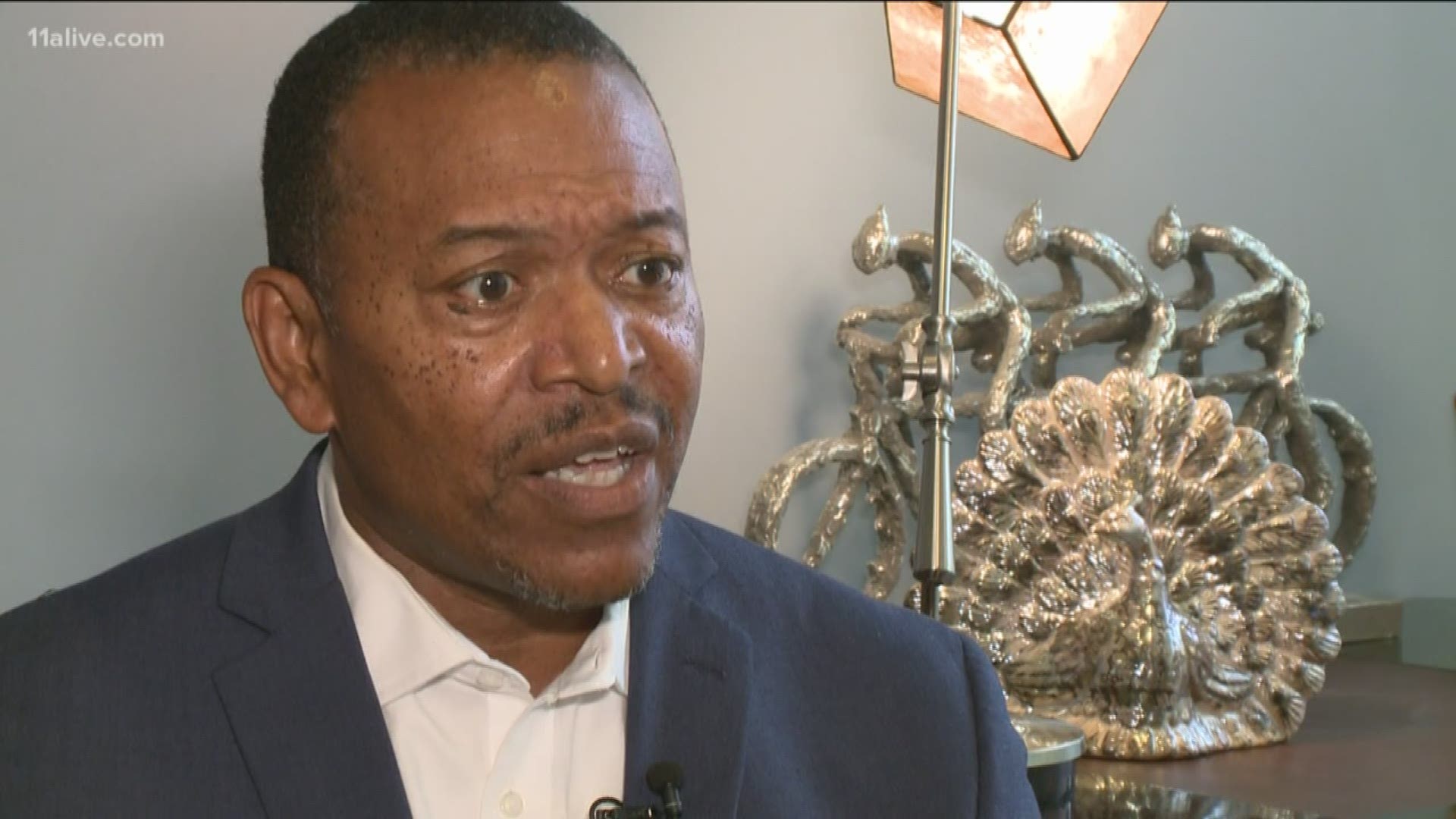ATLANTA — President Trump is getting some blowback from a notable Georgia Republican - the former state GOP director of minority outreach.
When Donald Trump ran for president, Leo Smith counted himself among the candidate’s fans. Smith even helped rouse the crowd at Atlanta's Fox Theater prior to the candidate's speech there in June 2016.
"I myself identify, a lot of my ideas and beliefs, as an American nationalist. I believe America is exceptional. I think that’s why many immigrants and people want to come here," Smith said in an 11Alive News interview Wednesday.
But when President Trump tweeted last week urging four “Democrat Congresswomen” to “go back” to “countries” “they originally came from,” Smith says he saw Trump cross a bright line.
"That comment deserves to be called out by all of us - especially conservative Republicans who want to make sure we maintain integrity and community with people from all belief systems," Smith said. "That we believe in the competition of ideas; that we believe that all Americans should have a voice."
Asked if he thought Trump's tweets were racist, Smith said "I do think it fits the definition of racist trope."
"Without ever using that same phrase or attack on, say, Caucasian men when they attack him or his ideas or bring up socialist ideas, as Bernie Sanders does – where do we send Bernie Sanders back to?" Smith asked.
Asked if he would vote for Trump again in 2020, Smith said, "Not sure. Not certain ... I am not one hundred percent excluding him from getting my vote, but I am asking that the standard be raised."
Smith says he thinks Trump's rhetoric narrows the reach of the Republican Party when it needs to broaden instead.
"I’m certainly ready for the Republican party to move on beyond Trump’s rhetoric and electioneering. I think a lot of the rhetoric Donald trump throws out, we can do without," Smith said.
Smith added the reality is that the Democrats are unlikely to nominate a candidate he could support in lieu of Trump. Many conservatives unwilling to embrace Trump will likely face the same dilemma next year.
RELATED HEADLINES

